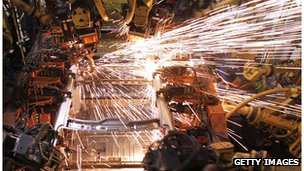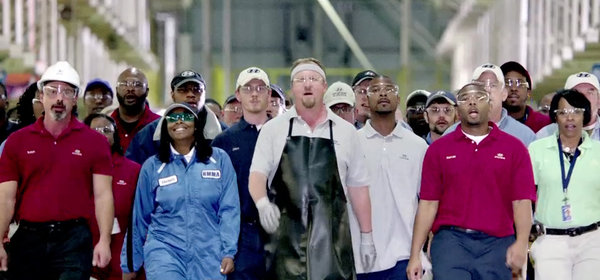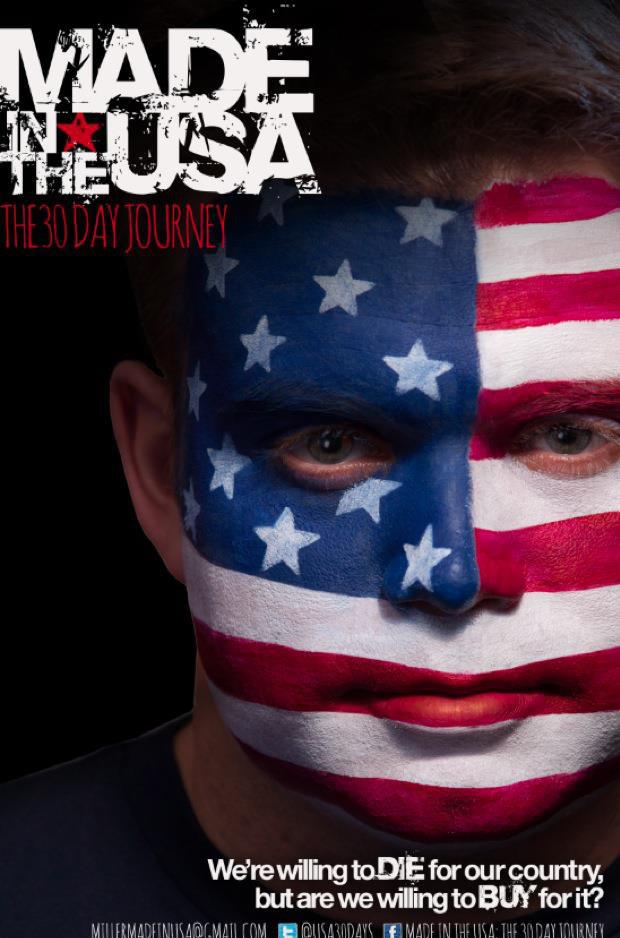
 By Laura MacInnis | Reuters
By Laura MacInnis | Reuters
MILWAUKEE (Reuters) – President Barack Obama kept up his attack on Chinese trade practices during a campaign-style visit on Wednesday to a Midwest factory, where his call to bring jobs back home was intended to resonate with voters in an election year.
The day after meeting China’s leader-in-waiting, Vice President Xi Jinping, at the White House, Obama cited America’s chief rival a number of times in a speech to promote the potential of “insourcing” jobs back to America from overseas.
“I will not stand by when our competitors don’t play by the rules,” he told workers at Master Lock, a company he lauded in his State of the Union address last month for having moved back about 100 union jobs from China since mid-2010.
“That’s why I directed my administration to create a Trade Enforcement Unit with one job: investigating unfair trade practices in countries like China,” he said in prepared remarks.
Obama took a firm line over trade on Tuesday during his Oval Office meeting with Xi, who is in line to assume the Chinese presidency in March 2013.
This tough stance should appeal to voters in election battleground states like Wisconsin, where Beijing is often blamed for killing American jobs.
Republican presidential hopeful Mitt Romney, a former private equity executive, accuses Obama of being too soft on China and lacking the executive or other leadership experience to steer the U.S. economy toward lasting recovery.
Master Lock, a unit of Fortune Brands Home & Security, is the world’s largest manufacturer of padlocks and related products to secure homes, cars and bicycles. Its story is a positive one for Obama, who must tout his economic leadership to secure another White House term.
The firm says its Milwaukee plant is running at full capacity for the first time in 15 years – an example the White House is eager to replicate as the November 6 election nears.
“They’re deciding that if the cost of doing business here is no longer much different than the cost of doing business in countries like China, they’d rather place their bets on America,” said Obama.
It was his first stop in a three day campaign-style swing when the Democrat will raise funds in California and stop at aircraft manufacturer Boeing in Washington state.
How to cope with a rising China – and compete against cheap Chinese exports – is one of the toughest challenges for Obama to navigate as the election approaches, particularly as opinion polls showing rising U.S. voter frustration with the Asian economic powerhouse.
(Reporting By Laura MacInnis; Editing by Peter Cooney and Cynthia Osterman)










You must be logged in to post a comment.